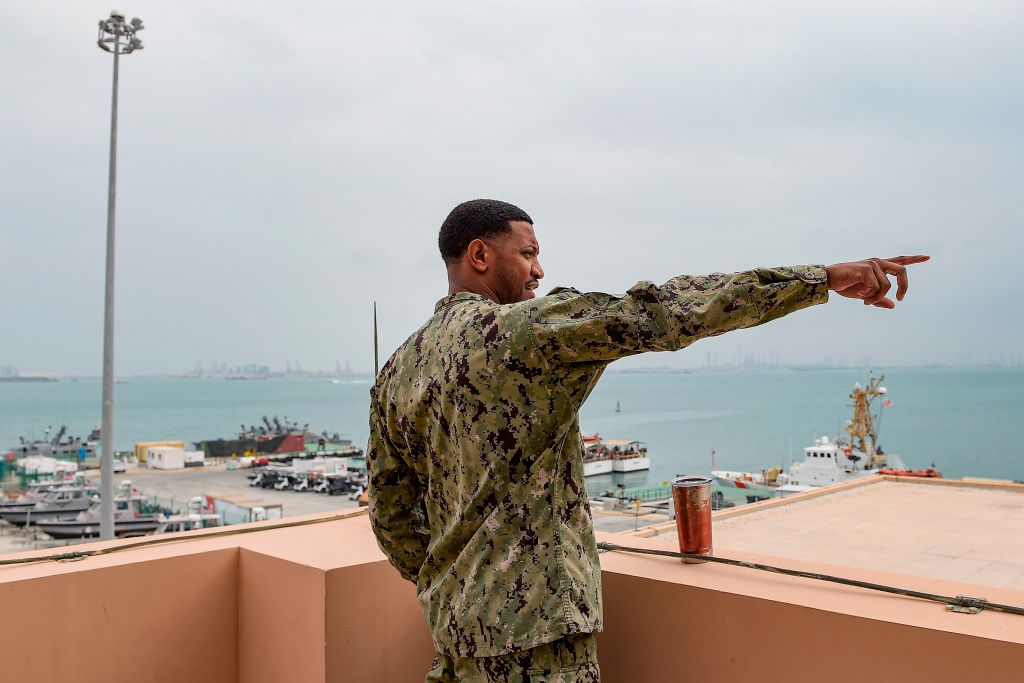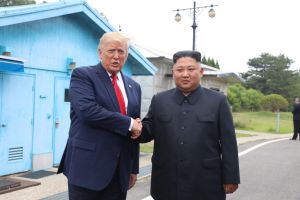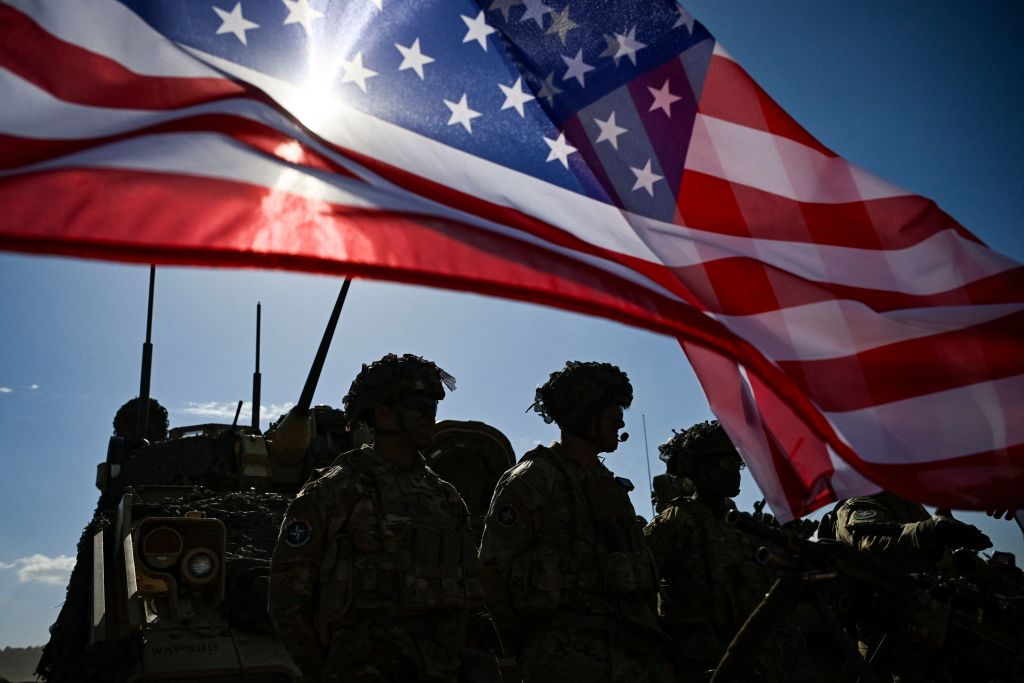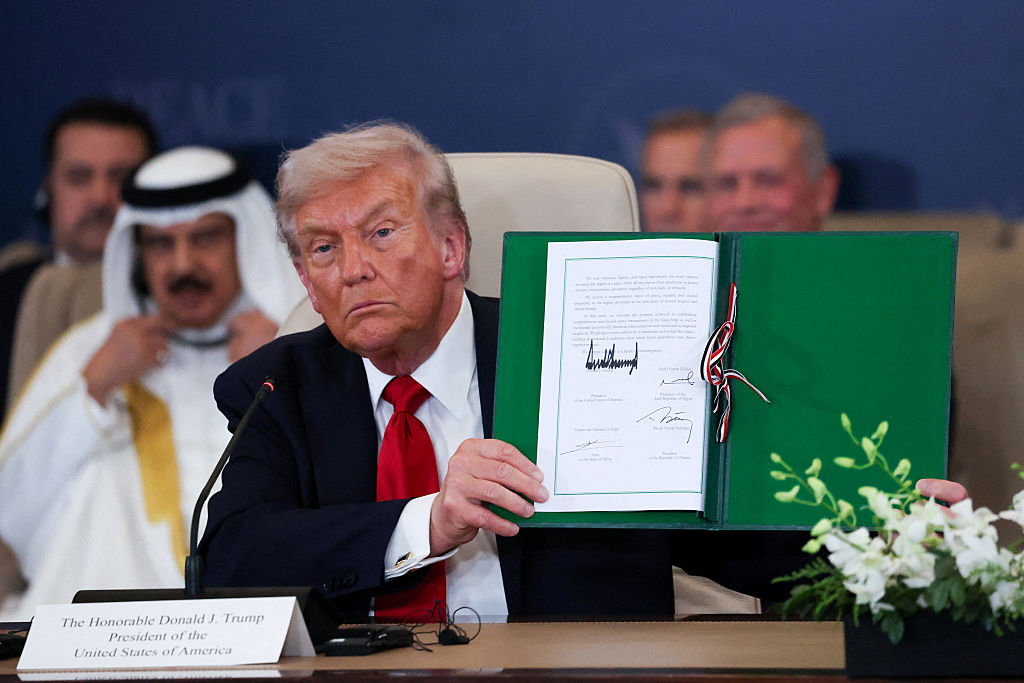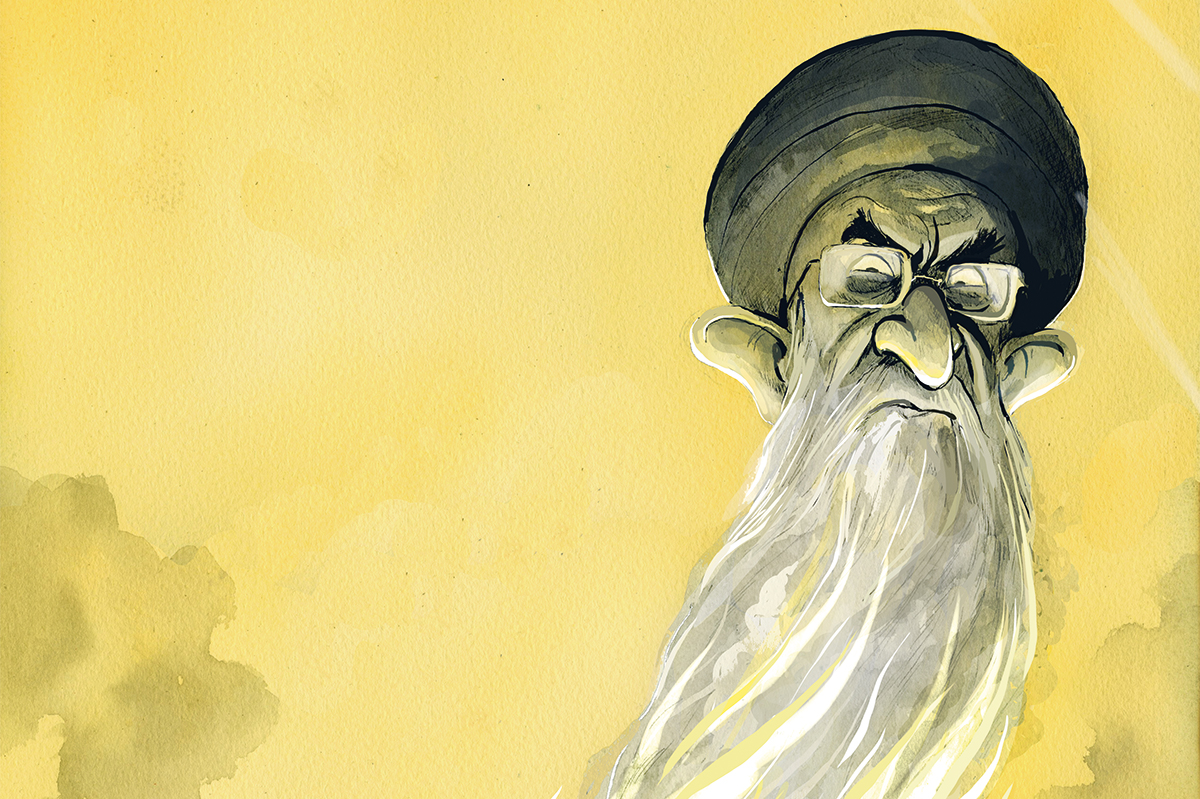American alliances and security commitments tend to live on long after the world has changed. Many of our far flung military bases are legacies of a Cold War that ended decades ago. With the collapse of the Soviet Union, the Nato alliance became all but obsolete, so it eagerly embraced conflicts in the Balkans, Libya, Syria and other locations far from the Central European theater it was originally designed to protect. However, none of these holdover security commitments seem as absurd as US military operations in the Persian Gulf during a COVID-19 oil market.As recently as last month, the United States was keeping two aircraft carrier battle groups deployed near the Persian Gulf. The US Navy is cooperating with the US Army and Air Force to keep Apache helicopters and AC-130 gunships available to ‘defend its presence’ in the Gulf and to ‘guard oil tankers against attack’. Not to be left out, on April 20 the Marine Corps’ 26th Expeditionary Unit conducted a mock amphibious assault of two islands off Saudi Arabia. The goal of this Marine operation was to train for a possible ‘crisis’ and to protect the ‘free flow of commerce’.Wait a minute: when oil prices have collapsed, and our own oil industry is flat on its back, how is protecting freedom of navigation for Saudi oil in the interests of the United States? One writer at Forbes has cheekily suggested that President Trump’s recent threat against Iranian boats in the Persian Gulf is designed to provoke Iran into doing precisely what the US Navy says their mission is to prevent: block the Strait of Hormuz and raise the price of oil.While there is no way to verify Trump’s intentions, the writer raises an important question. We have been told for years that US naval operations in the Persian Gulf, most recently called Operation Sentinel, are designed to prevent a disruption in the world’s oil supply. A recent report from the Center for New American Security (CNAS) had argued that an Iranian military escalation that resulted in the closing of the Strait would result in oil prices rising from $65 per barrel to $175 to $200 per barrel. This CNAS warning is now as obsolete as wind-powered cargo ships. Given that the price of oil is now in negative territory and may remain there, the previously stated goals of these naval operations are now downright ludicrous. A credible argument can indeed be made that a disruption of navigation through the Strait of Hormuz would actually help the US and might save the domestic US oil industry from collapse. Closing the Strait would have the added benefit of punishing the Saudi oil industry that has done so much to hurt American producers. If freedom navigation is no longer a credible mission for the US Navy in the Gulf, what then is driving American policy? Why do we continue to deploy huge military assets to the Gulf? If you read the statements of US policymakers carefully, you realize that the mission is an imperial one: to bend Iran to our will. In a hawkish speech at the Hoover Institution, secretary of state Mike Pompeo recently argued that the US assassination of Iranian general Qasem Soleimani would ‘restore deterrence’ and persuade Iran to ‘behave like a normal nation’. The assassination of Soleimani was intended, we were told, to prevent attacks like the New Year’s Eve attack by Iranian backed-militias on the US embassy in Baghdad. Two aircraft carriers in the Gulf were also intended to deter such behavior. Yet, within a couple short months, Iranian backed-militias were launching more ‘audacious’ attacks on American troops in Iraq and Iranian boats were harassing American naval vessels in the Gulf.Obviously, the US ‘maximum pressure’ campaign against Iran is not working to improve Iranian behavior. Yet the policy continues because the true purpose of American policy is democracy promotion in Iran and regime change. As Sec. Pompeo explicitly said at Hoover, the goal toward Iran is to ‘defend freedom and liberty around the world’. The United State must support the Iranian people ‘in the streets…in their calls for freedom and justice’. Our Iranian policy is identical to the one that justified the invasion of Iraq: to impose American-style democracy on a nation with no cultural, historical or religious traditions of republican government. President Trump, Pompeo said, has made ‘our military the strongest it’s ever been’ so the US can spread democratic values. We have still not learned from Iraq that the forced imposition of democracy by the American military does not create a more peaceful world, and does not enhance our own security.
***
Get three months’ free access to The Spectator USA website —
then just $3.99/month. Subscribe here
***
With the naval patrols in the Gulf and the ‘maximum pressure’ campaign against Iran, it is clear that American policy has become decoupled from American national interests. Neither freedom of navigation for Saudi oil nor a major war with Iran would enhance American security. This is a sure sign that ideology is guiding policy. This ideology, as one writer put it, is ‘the ideology of American empire’. In policy makers like Pompeo, the Wilsonian, neoconservative dream of democratizing the world lives on.Democracies that act, not on the basis of national interest, but from a boastful belief in their own exceptionalism, do not long survive. Just ask the Athenian army that found itself at the bottom of a quarry in Syracuse. If we were sensible, we would pause our military operations in the Gulf, but we all know this will not happen because the goal is American empire, not protecting American interests.William S. Smith is a research fellow and the managing director of the Center for the Study of Statesmanship at the Catholic University of America. His most recent book is Democracy and Imperialism.



